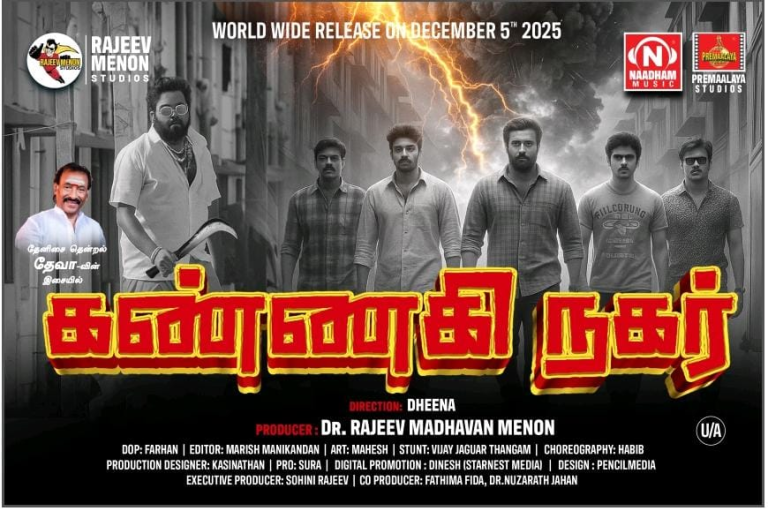
ECI
The Election Commission of India (ECI) has officially announced the schedule for the highly anticipated Jammu and Kashmir Legislative Assembly elections. For the first time since the abrogation of Article 370 and the bifurcation of the region into two union territories, the polls will be conducted in three phases, starting on September 18. The final phase will conclude on October 1, with results expected to be declared on October 4.
Polling will take place in three distinct phases:
- First phase: September 18
- Second phase: September 25
- Final phase: October 1
According to the ECI, the gazette notifications for each phase will be issued on August 20, August 29, and September 9, respectively. The deadlines for submitting nominations for the three phases have been set for August 27, September 5, and September 12.
This announcement comes a week after Chief Election Commissioner (CEC) Rajiv Kumar, along with election commissioners Gyanesh Kumar and Sukhbir Singh Sandhu, visited Jammu and Kashmir to assess the ground situation. During the press briefing, CEC Kumar emphasized the enthusiasm for democracy in the region:
“We have seen long queues of people in Jammu and Kashmir during Lok Sabha polls, which showed they want to be part of the democratic process and preferred ballot over bullet,” said Kumar.
Among the electorate, the union territory has a total of 44.46 lakh male voters, 42.62 lakh female voters, and 3.71 lakh first-time voters. The ECI data reveals that, on average, each polling station will serve 735 voters.
Out of the 90 assembly constituencies, 74 seats are reserved for general candidates, nine for Scheduled Tribes, and seven for Scheduled Castes.
Jammu and Kashmir has been without an elected government since June 2018, when the Bharatiya Janata Party (BJP) severed its alliance with the Peoples’ Democratic Party (PDP), prompting then Chief Minister Mehbooba Mufti to resign. Since then, the state has been governed under President’s Rule, which was followed by the significant political shift on August 5, 2019, when Article 370 was repealed, revoking J&K’s special status and restructuring it into two union territories.
As CEC Rajiv Kumar highlighted, these upcoming elections signify an important step toward restoring elected governance in the region. “The time has come to give the people of Jammu and Kashmir their government through elections. We are confident that the people of J&K will give a befitting response to disruptive forces. No internal or external intervention will be allowed to derail the democratic process,” he said.
In light of a recent increase in security concerns and terror attacks, the ECI delegation consulted stakeholders across Jammu and Kashmir to ensure the region is fully prepared for the electoral process. While challenges remain, the commission assured that all necessary measures are being put in place to ensure the elections proceed smoothly.
The return to an elected government in Jammu and Kashmir has been long awaited by residents, and this election represents a crucial moment in the region’s democratic journey. With voting set to take place across the union territory, all eyes will be on the October 4 results to see which political forces will take the reins in this pivotal region.








